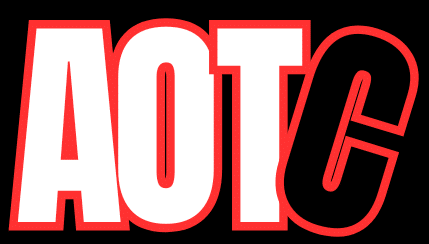Cities and Counties Declare Racism a Public Health Crisis: Progress and Challenges Ahead
Cities and Counties Declare Racism a Public Health Crisis: A Step Towards Racial Equity
In recent years, over 200 cities and counties across the United States have declared racism as a public health crisis, with a surge in declarations following the murder of George Floyd in May 2020. Racial justice advocates have expressed a sense of validation and hope, feeling that their voices are finally being heard in the push to address disparities in healthcare and beyond.
The declarations have been seen as a breakthrough by many, signaling a shift in political will towards addressing systemic racism. Ryan McClinton, from Public Health Advocates in Sacramento County, California, noted that the declarations signify a turning point in the conversation around race in America. Marsha Guthrie, from the Government Alliance on Race and Equity, described 2020 as a “catalytic moment” for reimagining social consciousness.
While some places have taken concrete steps to address racial disparities in healthcare, others are still in the planning stages. Milwaukee, for example, has adopted a community health improvement plan that aims to tackle racism as a public health crisis through various initiatives, from voter registration to addressing lead poisoning in older homes.
In Sacramento County, California, the health department has received federal funding to address racial disparities and develop a workforce focused on racial equity. The county has significant Latino, Asian, and Black populations, each facing unique health disparities. The declaration has allowed the health department to prioritize equity at its core, with initiatives like a fellowship program for college students to create a pathway to employment.
While progress has been made, there is still much work to be done. Community organizers and advocates are pushing for more outward-facing progress and accountability from government officials. The road to racial equity is long and challenging, but the declarations have been an important first step towards creating a more just and equitable society.
